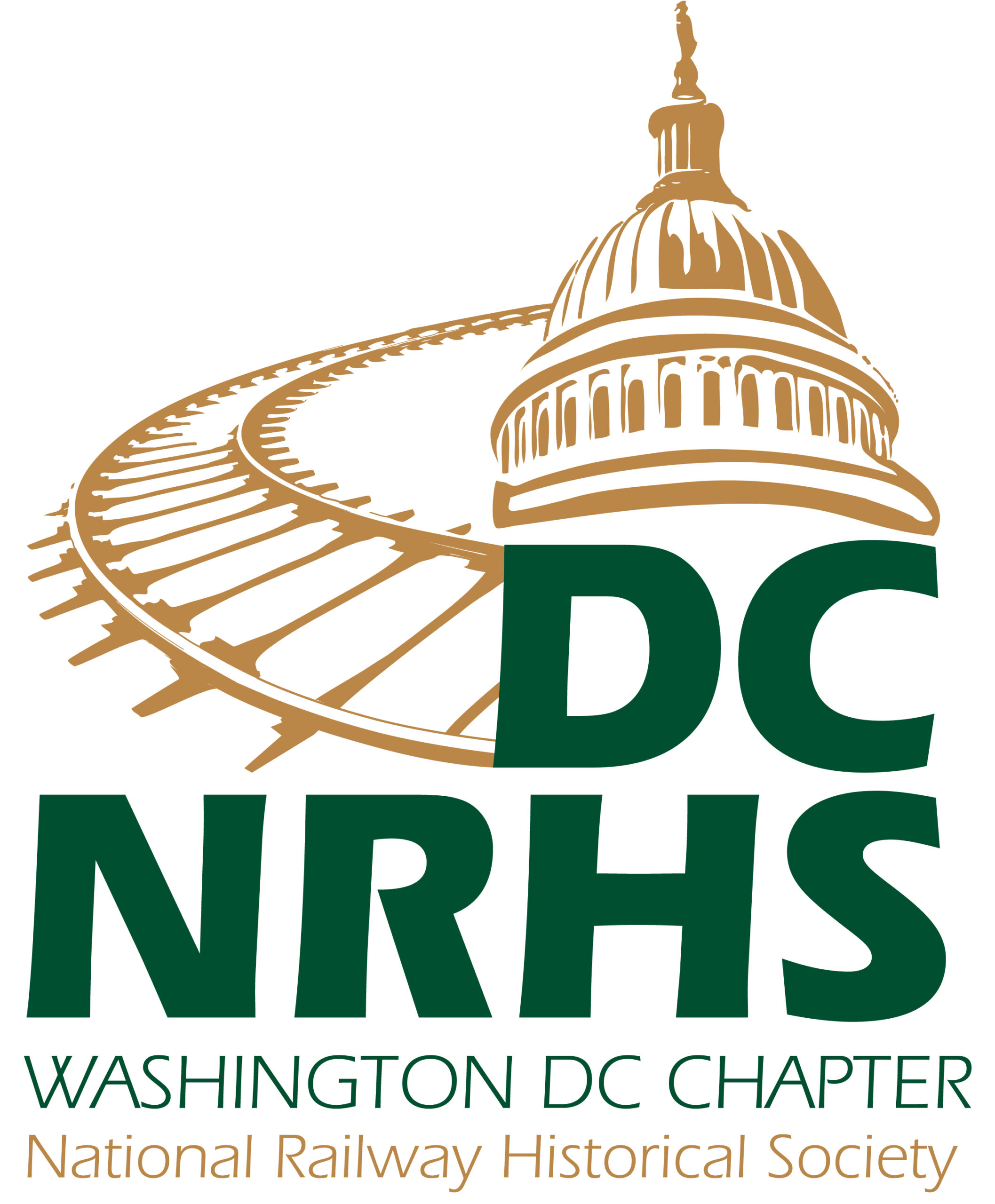September 2022
Rule 1135. Throwing ashes, clinkers, slate, etc., from moving engines, is prohibited. When removing such material from standing engine, disposed of it where it will not cause fire or injury.
Source: The Pennsylvania Railroad, The Long Island Rail Road Company. Safety Rules Train, Engine and Other Transportation Employees. Effective November 1, 1933
